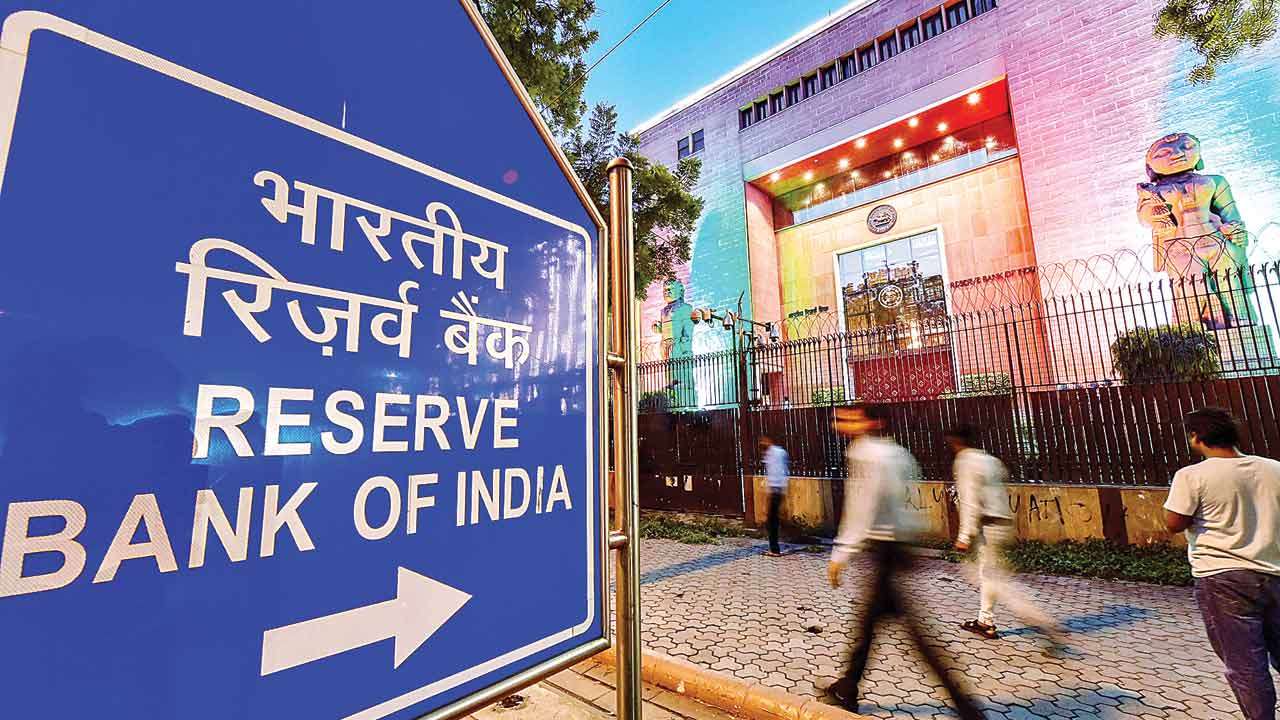
What the government giveth, the government taketh. Beginning 1934, the Reserve Bank of India has enjoyed uninterrupted and unquestionable primacy in all things monetary in India.
The sudden volte face by the government, has therefore shaken the RBI to its very foundations. When the inter-ministerial committee (IC) was constituted in October 2017, little did the RBI realise that it would result in ending its long era of dominance over regulating payment systems in India.
A quick flashback takes us to the RBI Act of 1934, which vested all matters monetary and regulatory with the central bank. This was consolidated with the Payment and Settlement Systems Act, 2007 (PSS Act) designating RBI, the banking regulator, as the over seer for all forms of payment systems.
The IC Report with its recommendation for a Payment Regulatory Board (PRB) with RBI being a minority stakeholder, has truly shaken and stirred the regulator, who till date exercised monopoly over proceedings.
Even under the PSS Act of 2007, there was a central board comprised only of RBI representatives with its governor in the chair. The PRB, first mooted under the Finance Act 2017, paved the first step towards the dilution of RBI’s monopoly with its inclusion of equal representation of three central government representatives along with three RBI officials. The Finance Act, however, still vested the RBI governor with the position of ex-officio chairperson.
Then came the blow through the IC Report, which proposes for any “Person appointed by the government in consultation with the RBI”, to be appointed as the ex-officio chairperson.
Further, with the increase in the composition of the PRB to seven members with four (including the chairperson) being central government representatives, RBI clearly becomes a minority presence.
The central bank has not questioned government representation on the proposed PRB, but has voiced strong dissent against the dilution of its powers – especially of the chairperson no longer being only the RBI governor.
It has therefore insisted on this as also for veto powers to the chairperson, to ensure its majority . Its claim is based inter alia on its role as the banking regulator and hence the need for harmonious regulations.
The IC’s concessions to RBI’s dissent is to include the need for the chairperson to have “experience in the central banking function” and for RBI to have the power to “make a reference” to the PRB for consideration of issues pertaining to monetary policies. Neither of these meet the RBI’s pitch for retaining its power over regulating payment systems.
RBI faces a strong threat to unfettered primacy over regulating payment systems and its fear that this is only the beginning, may also not be misconceived. After all, RBI is no stranger to trespassing on alternate turfs, as was evident from its April 6, 2018, circular on financial data localisation by all payment systems, upstaging the then awaited government committee report.
The possibilities facing RBI now are (a) divestment of powers over payment systems, (b) dilution of its monopoly over regulating payment systems to merely a recommendatory role and (c) being reduced from a monopolistic regulatory position to that of an advisory one.
The implications for the nation are larger with the central government taking back the power to regulate payment systems instead of the settled construct of a unitary regulatory body exercising powers over all things monetary.
On one hand this may reduce the now palpable friction between government policies or intent and regulatory execution (through RBI) and ensure harmony. On the other, monetary policies will seesaw with every change in the government.
Such state of flux may not augur well for certainty or stability in monetary policies. Internal turf wars then become a definitive possibility.
Legally speaking, RBI would be hard pressed to prove its claim to retain its monopolistic regulatory right. The sovereign right over deciding India’s monetary policy vests with the central government.
RBI’s right to regulate payment systems is through statutory authority vested under the PSS Act of 2007. This, of course, can or may be modified through parliamentary process, which is what the proposed amendments to the PSS Act envisages.
Prolonged vesting of authority in RBI by itself is therefore not going to be sufficient for the central bank to sustain its claim. The separation of powers argued by the RBI in its dissent note is one of vested authority and not a constitutional one.
The RBI dissent is that of a singular minority in the report of the IC and the majority view may therefore prevail. In any event, the report itself is merely a recommendation. It is for the houses of Parliament (or the Finance Act route) to decide the future of regulation of payment systems.
Payment systems now permeate chat apps and online games. In just a decade, private, especially international players, have slowly become the primary or preferred payment mechanisms, as opposed to banks. Despite tightening of regulation, private players have consistently found loopholes.
The recent thrust has been towards digital payment alternatives, especially after demonetization.
In a world ill-equipped to deal with evolving technologies – abject digital illiteracy, poor enforcement mechanisms against evolving cyber-crimes, financial frauds, ponzi schemes and technology-enabled crimes, the urgent need is for a strong regulator with sufficient powers to not only prevent, but to also protect and punish.
— The writer is an advocate